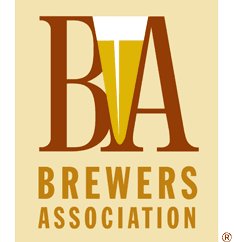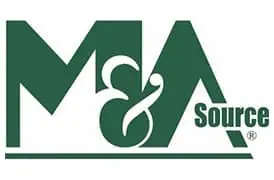This is the first question a business owner will ask, and the answer depends on many variables. In fact, a distillery business valuation has more nuances and intangible considerations than almost any other kind of company. That’s why I always recommend that an owner find a business broker with deep industry knowledge when they are considering a sale.
Here are some of the considerations that make valuing a distilling business as much art as science.
Profitability doesn’t tell the whole story. In fact, some distillers with a superior product may not have sold a single barrel yet. Their juice may be in the aging process, needing a couple more years before it’s ready for sale. That means the buyer is betting on the distillate’s worth years from the sale date. The quality of the final product will determine the price the new owner can command per barrel, as will the future market for spirits.
Key Employees can be the key to the company’s value. If the owners are doing the blending or taking the recipe with them, the company must find a way to replace them. The same goes for a blender or distiller whose skill might be the key to the brand’s flavor and quality. What a buyer is willing to offer will be based on the contractual arrangement these key employees have with the company. If the most important employees do not come with the sale of a company’s assets, the business might be less desirable.
Distribution can be complex. Sales and distribution laws vary from state to state, so the location of the business and the new owner will factor into how much it will cost to ship the product to consumers, restaurants, or retailers. These costs will have to be factored into each prospective buyer’s profitability estimates, which will have a large impact on what they’re willing to pay for the business.
A distilling business is a lifestyle business, which means its IP is hard to value. The cost of a bottle of top-shelf whiskey or bourbon can vary based on the production year, ingredient quality, or storage vessel (much like wine). As it ages, it might grow more valuable – it might even be impossible to replicate. If a brand becomes a prestige brand, consumers may be willing to pay many times the actual “value” of the bottle or barrel. Some distilleries put out one-of-a-kind blends or bottle styles that will never be reissued, making them collector’s items and very valuable.
So a distilling business, much like its product, is worth something different to every prospective buyer. A buyer might be looking to acquire a specific product line, gain distribution in a new market, or just be betting that the spirits will be very, very good a few years from now.
For these reasons and more, a distilling business might not go to market with a specific price tag. It might be better for the seller to put the company’s assets up for the highest bidder. Most business brokers will tell you that the true value of a company is the price a buyer is actually willing to pay. An experienced broker who understands the industry is your best shot at getting the most value for your company when you sell.
If you are curious about what your business is worth, click here for a complimentary and confidential opinion of value.




